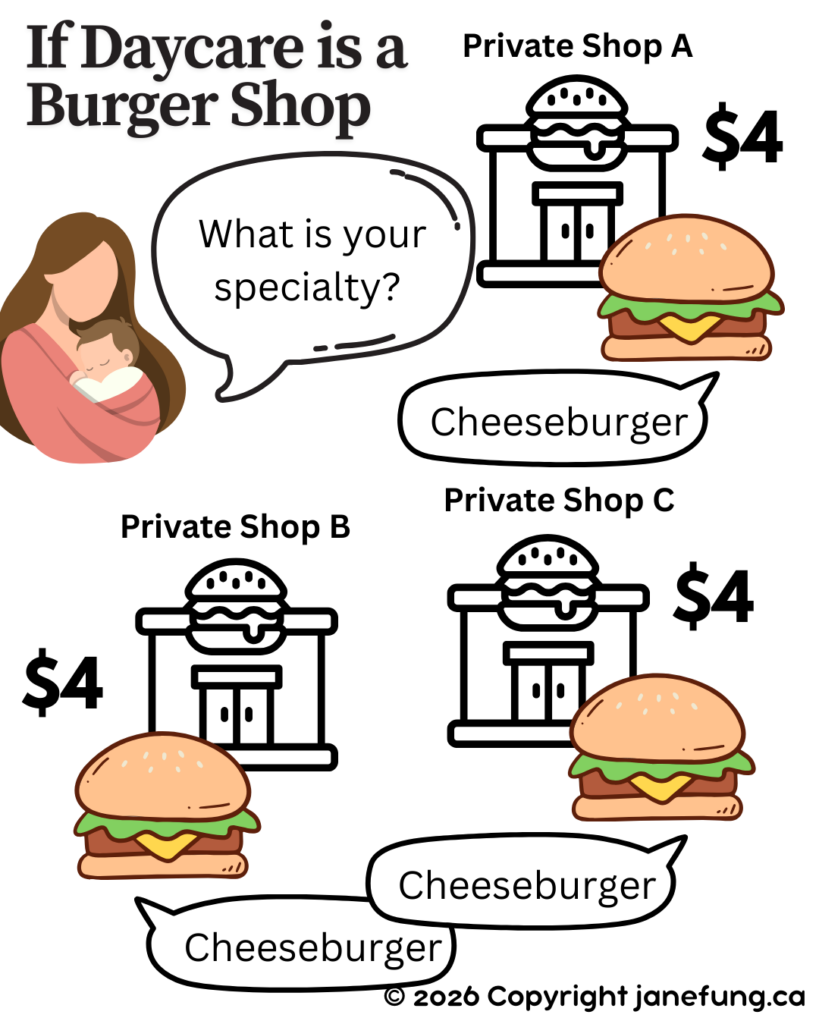When entering into a commercial lease agreement, conducting due diligence is a critical step to ensure that the property aligns with your business needs and complies with all necessary regulations. The length of the due diligence period can vary based on negotiation, ranging from 30 days to 90 business days or more. Although each location and business might have specific requirements, some common aspects of due diligence are described in this article.
What are Some Common Aspects for a Due Diligence?
- Zoning Bylaw Verification
- Building Inspection
- Environmental Site Assessment (ESA)
- Record of Site Condition (RSC)
- Floor Plan Design
- Lease Agreement Review
- Accessibility Compliance
- Parking and Traffic Considerations
- Permit and License Verification
Details of the Due Diligence
Zoning Bylaw Verification
Ensuring that the property’s zoning permits the intended use of your business. It involves checking local zoning regulations and confirming that your business activities are allowed in that particular area.
Building Inspection
Conducting a thorough inspection of the premises to assess its structural integrity and identify any potential maintenance or safety issues that might need to be addressed before finalizing the lease.
Environmental Site Assessment (ESA)
Evaluating the environmental conditions of the property to detect any potential contamination or hazardous materials that could impact your business operations or pose liabilities.
Record of Site Condition (RSC)
In some cases, a comprehensive RSC might be required to certify the property’s environmental condition, especially if there have been prior industrial or hazardous uses of the site.
Floor Plan Design
Planning the interior layout and design of the commercial space to ensure it meets your business requirements, such as space allocation, workflow, and customer access.
Lease Agreement Review
Carefully examining the terms and conditions of the lease agreement by lawyers to ensure it aligns with your business goals and to negotiate any necessary changes or provisions.
Accessibility Compliance
Ensuring that the property complies with accessibility standards, especially if your business caters to customers or employees with disabilities.
Parking and Traffic Considerations
Assessing the availability of parking spaces and understanding traffic flow in the area to determine if it meets your business needs.
Permit and License Verification
Verifying the permits and licenses required for your specific business activities and confirming that the property meets all regulatory requirements.
Engaging experienced professionals such as real estate attorneys, architects, environmental consultants, and commercial property inspectors can greatly assist in performing a thorough due diligence process. By carefully conducting due diligence, you can mitigate risks, make informed decisions, and ensure a successful and profitable commercial lease experience.









